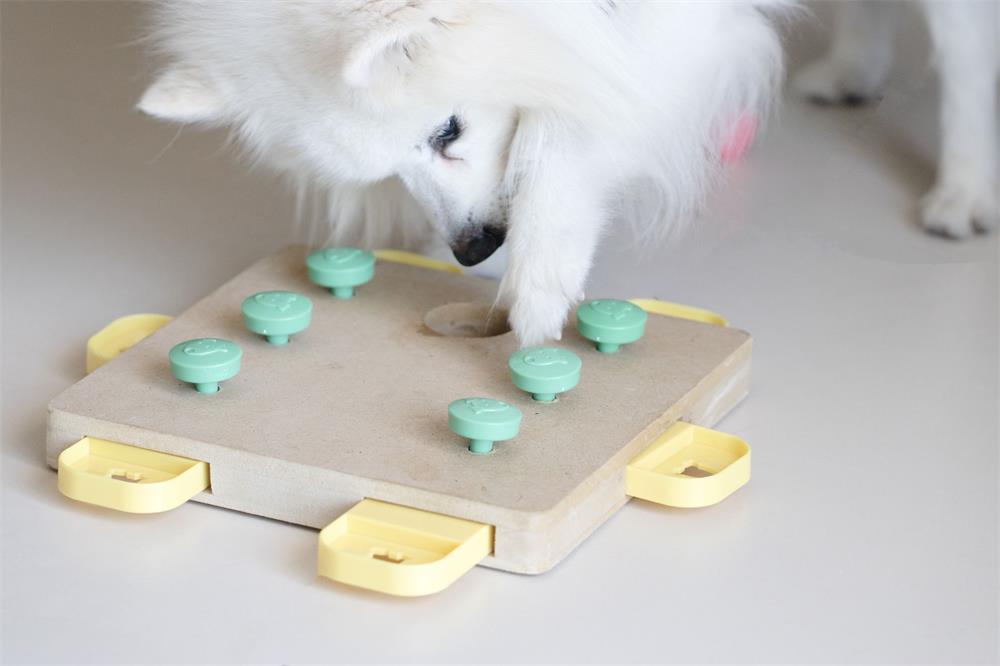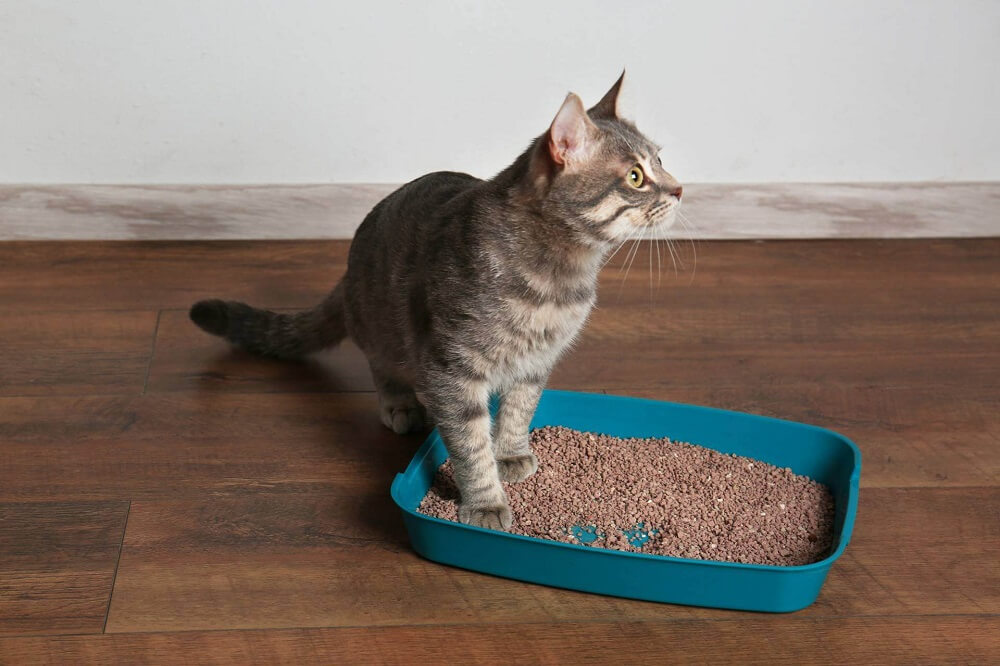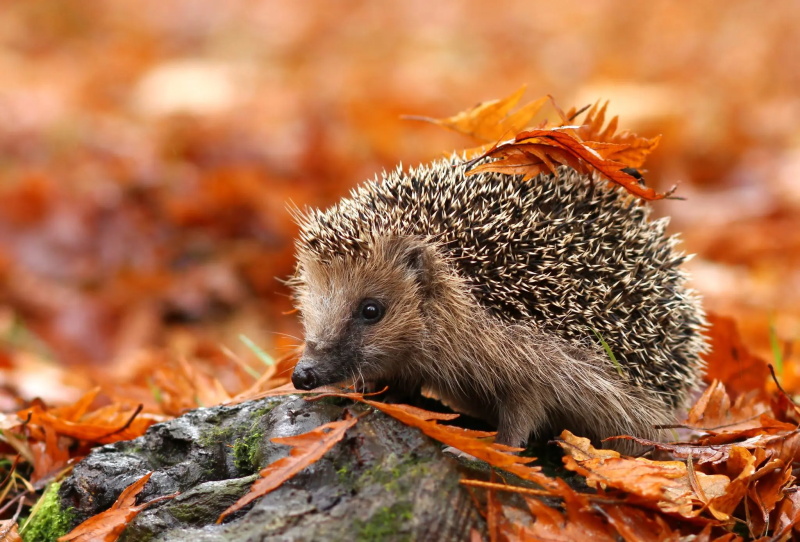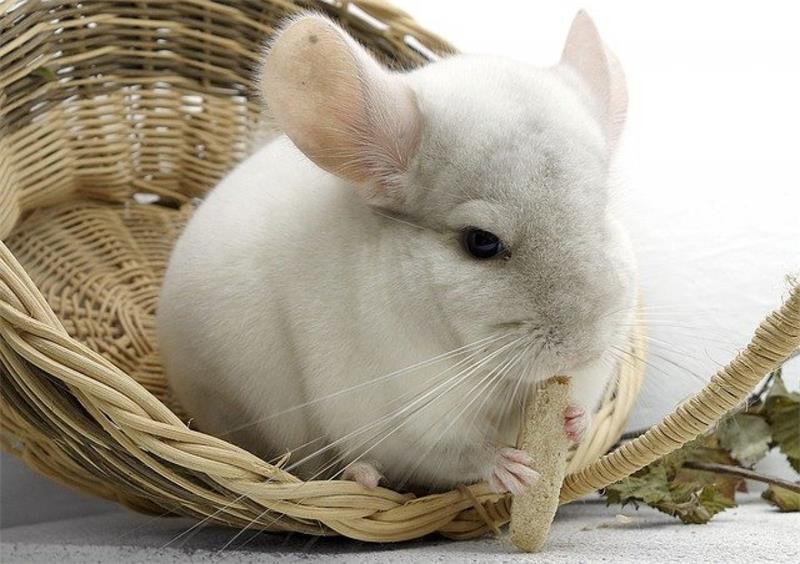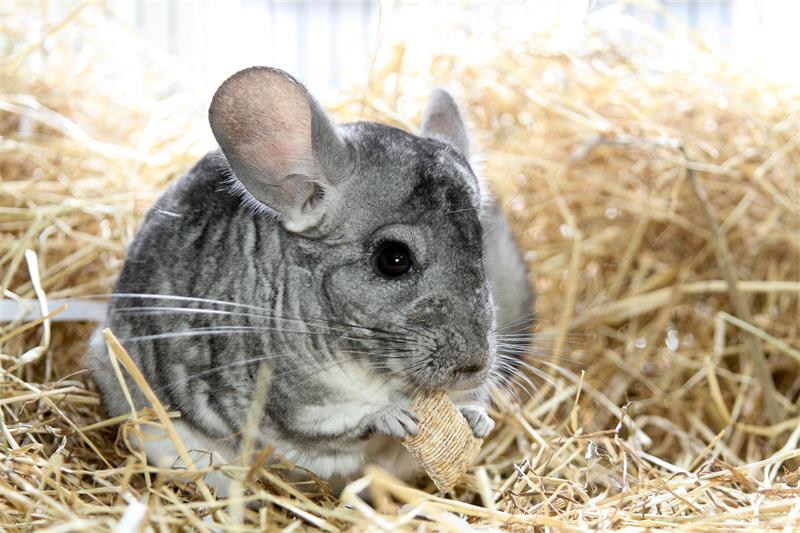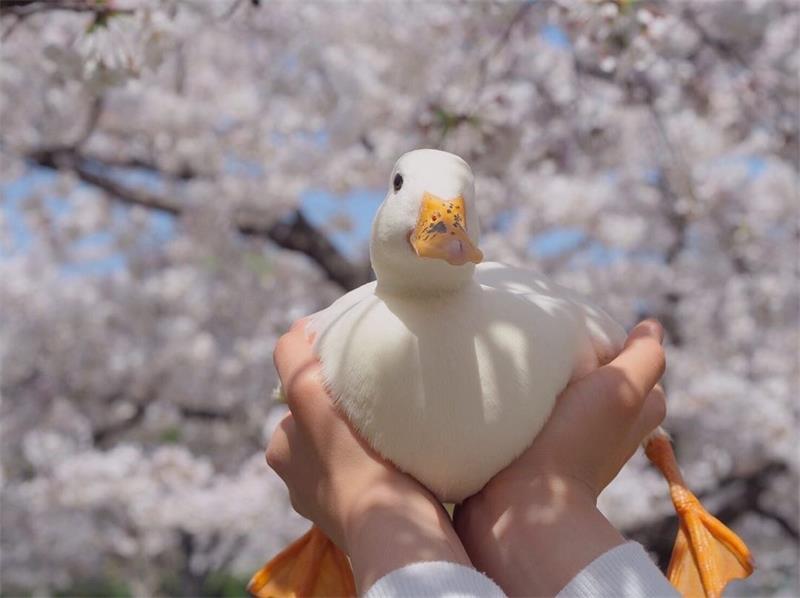
Table of Contents
Call ducks are small, cute, and friendly ducks that have become popular as pets. They are descendants of the mallard duck and were originally used as decoys by hunters to lure wild ducks closer to them. Their name comes from their loud and high-pitched call, which can carry for miles. Call ducks are sociable, tame, easy-natured, and well-suited for children. However, they are also noisy, ornamental, and vulnerable to predators. If you are considering keeping call ducks as pets, here are some tips on how to care for them.
Housing
Call ducks need a safe and comfortable place to live. They can be kept in a coop, a pen, or a fenced area with access to water and shelter. The housing should be spacious enough for them to move around freely and have enough bedding to keep them warm and dry. The bedding can be straw, hay, wood shavings, or shredded paper. The housing should also be cleaned regularly to prevent diseases and parasites.
Call ducks are very small and can easily escape through small gaps or holes. They can also fly short distances if their wings are not clipped. Therefore, the housing should be secure and predator-proof. You can use wire mesh, netting, or electric fencing to enclose the area and cover the top. You should also lock the doors at night and check for any signs of damage or intrusion.
Call ducks love water and need access to a clean water source at all times. They use water to drink, bathe, preen, and play. You can provide them with a pond, a pool, a tub, or a large container filled with water. The water should be deep enough for them to submerge their heads and bodies, but not too deep that they can drown. The water should also be changed regularly to keep it fresh and clean.
Feeding
Call ducks need a balanced and nutritious diet to stay healthy and happy. They can eat commercial duck pellets or crumbles, which contain all the essential vitamins and minerals they need. You can also supplement their diet with fresh fruits, vegetables, greens, grains, seeds, worms, insects, and other treats. However, you should avoid feeding them bread, chocolate, avocado, onion, garlic, citrus fruits, or anything salty or spicy.
Call ducks should have access to food and water at all times. You can use feeders and drinkers that are suitable for their size and prevent wastage or contamination. You should also store the food in a cool and dry place away from rodents and insects.
Health
Call ducks are generally healthy and hardy birds that can live up to 10 years or more. However, they can still suffer from some common diseases and problems such as parasites, infections, injuries, egg binding, bumblefoot, angel wing, or overgrown bills or nails. To prevent these issues, you should keep your call ducks in a clean and hygienic environment, provide them with adequate nutrition and water, monitor their behavior and appearance regularly, and seek veterinary advice if you notice any signs of illness or injury.
You should also protect your call ducks from extreme weather conditions such as heat or cold. You can provide them with shade, ventilation, fans, misters, or heaters depending on the season. You should also avoid exposing them to stress or trauma such as loud noises, sudden movements, or unfamiliar animals or people.
Breeding
Call ducks are prolific breeders that can lay up to 100 eggs per year. They usually start laying eggs when they are about 6 months old and continue until they are about 3 years old. They can breed all year round but peak in spring and summer. Call ducks are monogamous and form strong bonds with their mates. They prefer to nest in secluded and dark places such as boxes, baskets, or hollows filled with soft bedding.
Call duck eggs take about 26 days to hatch. The mother duck will incubate the eggs by sitting on them and turning them regularly. She will also leave the nest occasionally to eat, drink, and bathe. The father duck will guard the nest and protect the family from predators or intruders.
Call ducklings are adorable and fluffy creatures that can walk and swim soon after hatching. They need warmth, food, water, and protection from their parents for the first few weeks of their lives. They can eat the same food as their parents but in smaller pieces. They can also be given a starter feed that is specially formulated for young ducks. Call ducklings should be kept in a warm and safe place away from predators or other dangers. They can be introduced to water gradually and supervised until they are confident swimmers.
Conclusion
Call ducks are charming and delightful pets that can bring joy and entertainment to your life. They are easy to care for and require basic needs such as housing, feeding, health, and breeding. However, they are also noisy, ornamental, and vulnerable to predators. Therefore, you should consider your lifestyle, location, and expectations before deciding to keep call ducks as pets. If you do decide to get call ducks, you will be rewarded with their loyalty, personality, and beauty.



